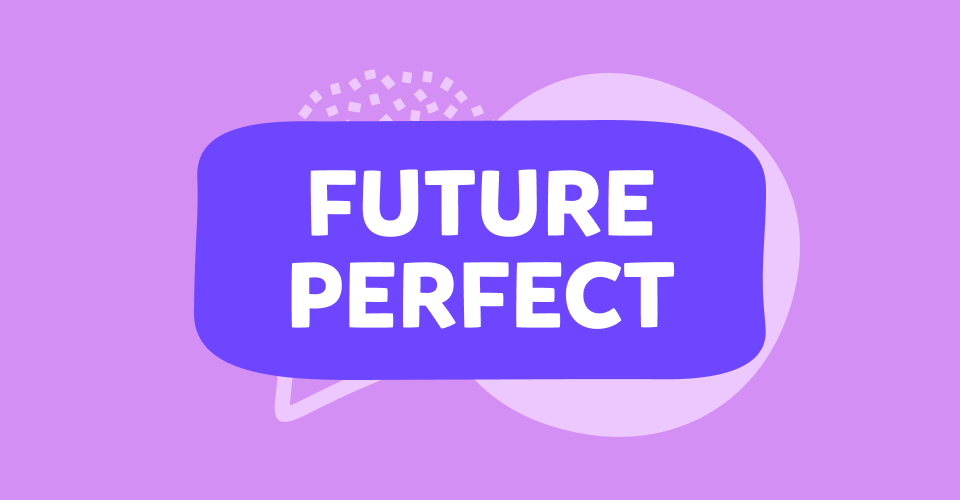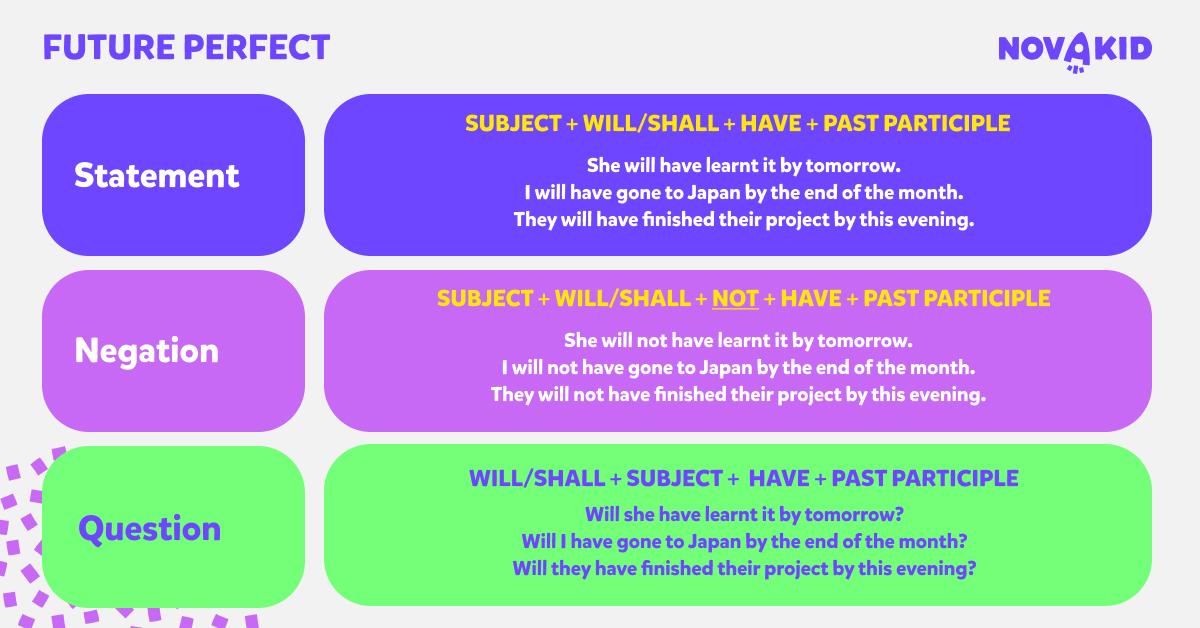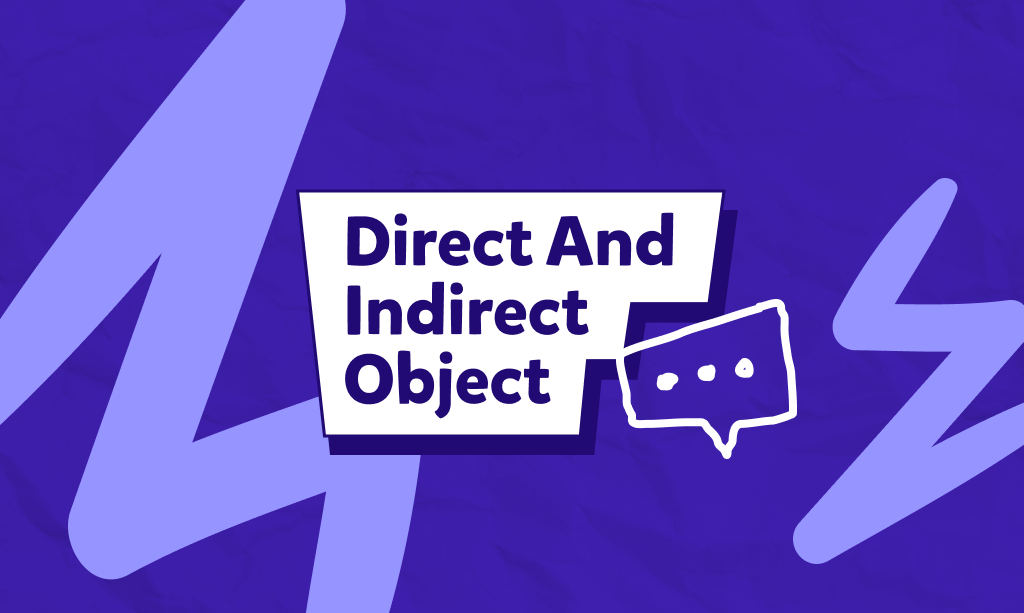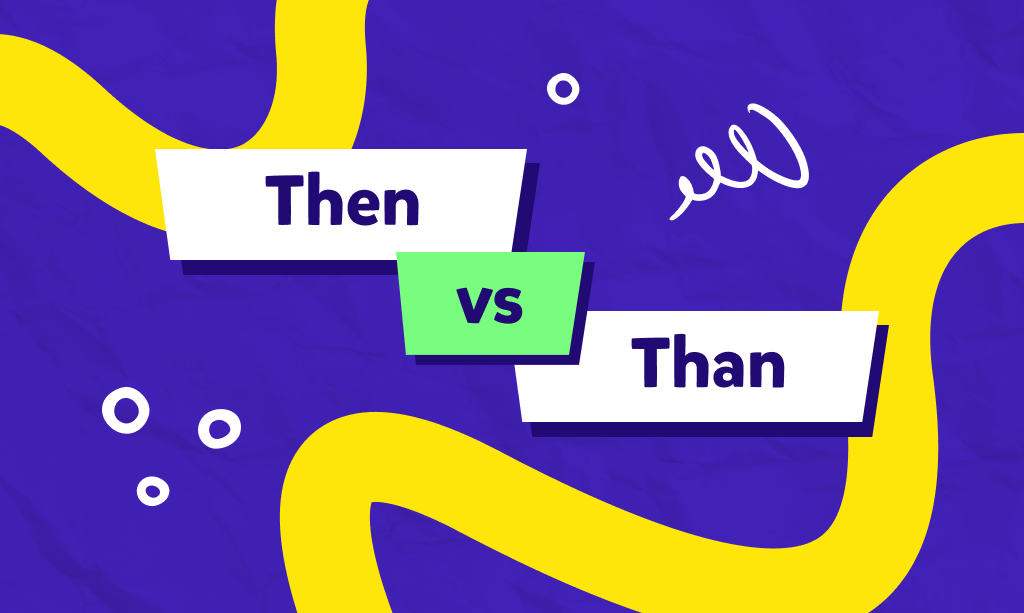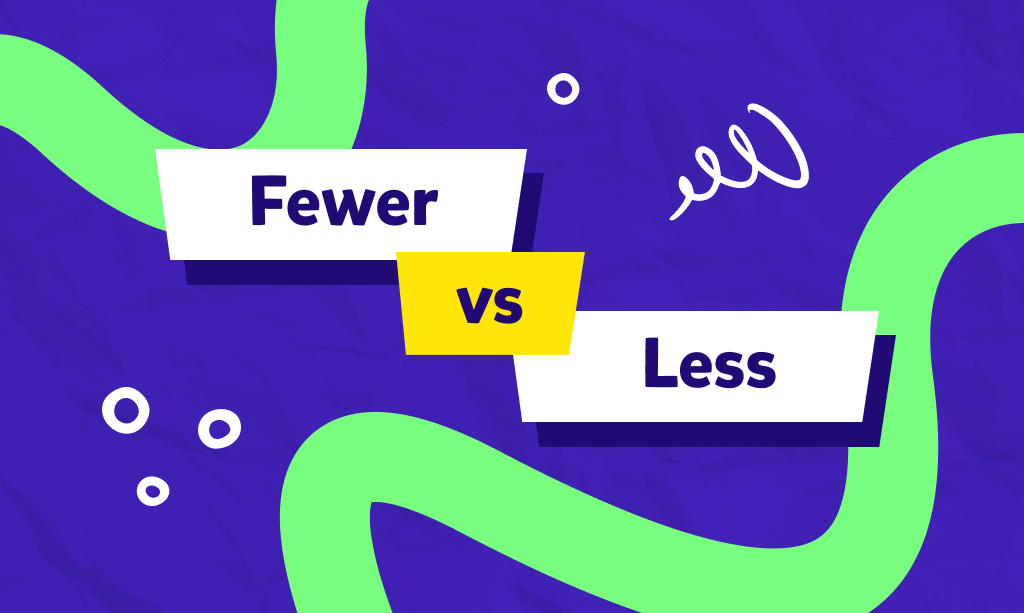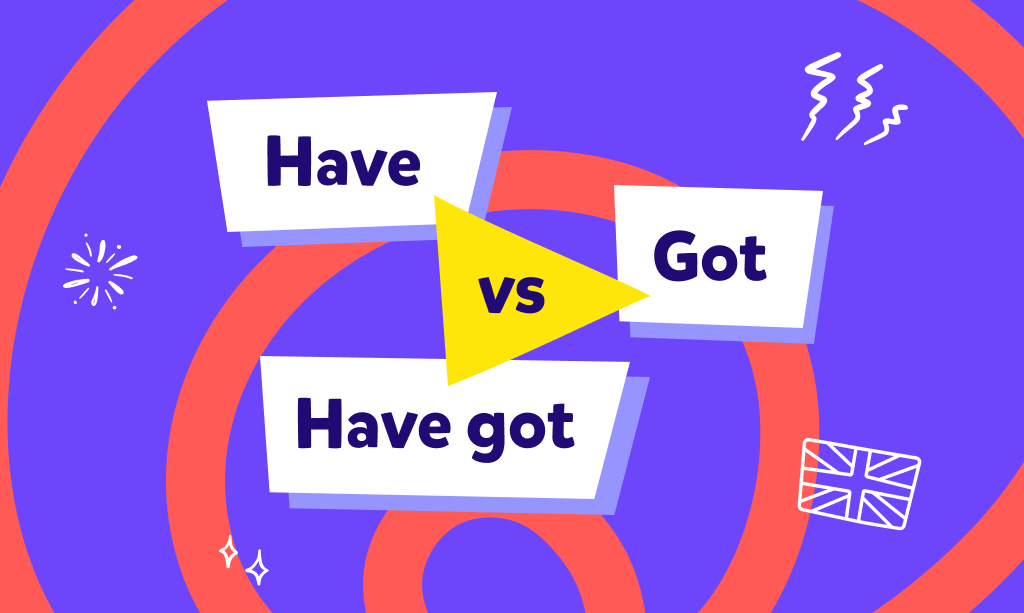- מה זה Future Perfect tense?
- כללי הדקדוק, הסבר Future Perfect tense
- דוגמאות לזמן Future Perfect tense
- טעויות נפוצות שיש להימנע מהן
- שאלות ותשובות לתרגול
- לסיכום
- Future Perfect Test
לשפה האנגלית יש מגוון עשיר של זמני פעלים הנותנים מענה מדויק לניואנסים וביטויי זמן שונים. בין הזמנים הללו, הזמן עתיד מושלם – Future Perfect Tense או Future Perfect Simple הוא מרכיב חיוני, אם כי לעתים קרובות הוא פחות בשימוש מאשר מקביליו בהווה ובעבר (Present Perfect & Past Perfect).
במאמר זה, אנו מתעמקים בעולם העתיד המושלם, בוחנים את השימוש בו ואת כללי הדקדוק המתייחסים אליו. בהמשך המאמר נספק גם מספר רב של דוגמאות כדי להקל על ההבנה שלכם, ולסיום – מבחן שאלות ותשובות, לבחינת הידע שנקלט.
מה זה Future Perfect tense?
Future Perfect Tense משרת מטרה מאוד מסוימת בדקדוק האנגלי, ומאפשר לנו להביע פעולות שיושלמו בעתיד לפני נקודת זמן מוגדרת.
הפונקציות העיקריות שלו כוללות:
1. הבעת פעולות שהושלמו: Future Perfect משמש כדי לדבר על פעולות שיסתיימו בזמן מסוים בעתיד, לדוגמה:
- ".Affirmative: "By the time you arrive, I will have finished my presentation
- ".Negative: "I will not have completed my assignment by tomorrow
2. חיזוי השלמה עתידית: Future Perfect משמש גם כדי לחזות או לצפות שפעולה תיעשה לפני זמן מסוים בעתיד.
- ".Affirmative: "She will have graduated from college by next summer
- ".Negative: "They will not have reached the summit of the mountain by sunset
3. תרחישים היפותטיים: הזמן Future Perfect יכול לשמש בנוסף גם לתיאור תרחישים היפותטיים או מותנים בעתיד.
- ".Affirmative: "If it stops raining, we will have a picnic at the park
- ".Negative: " Unless we leave now, we will not have reached the destination by noon
כללי הדקדוק, הסבר Future Perfect tense
כדי לבנות משפטים תוך שימוש בזמן Future Perfect, חיוני להבין את המבנה הבסיסי ולעקוב אחר כללי הדקדוק הספציפיים שלו:
1. משפטים עם משמעות חיובית Affirmative Sentences:
- Structure: Subject + will have + past participle
- ".Example: "I will have completed my project by next Friday
2. משפטים עם משמעות שלילית Negative Sentences:
- Structure: Subject + will not (won't) have + past participle
- ".Example: "They won't have arrived at the airport by 5 PM
3. משפטי שאלה Interrogative Sentences:
- ?Structure: Will + subject + have + past participle
- "?Example: "Will she have finished her book by the end of the month
להלן מספר טבלאות המסכמות את כללי הדקדוק לזמן העתיד המושלם:
Table 1: Overview of Basic English Tenses
|
Tense |
Structure |
Example |
|---|---|---|
| Present Simple | Subject + base verb | .She reads a book every day |
| Past Simple | Subject + past tense verb | .They visited the museum yesterday |
| Future Simple (will) | Subject + will + base verb | .He will travel to Paris next month |
| Present Perfect | Subject + have/has + past participle | .I have seen that movie before |
| Past Perfect | Subject + had + past participle | .She had already left when I arrived |
| Future Perfect | Subject + will have + past participle | .By then, I will have finished my book |
Table 2: Form of Future Perfect Tense
|
Affirmative |
Negative |
Interrogative |
|---|---|---|
| I will have + past participle | I will not have + past participle | ?Will I have + past participle |
דוגמאות לזמן Future Perfect tense
הבה נחקור מספר דוגמאות כדי להמחיש את השימוש בזמן Future Perfect בהקשרים שונים:
Table 3: Examples of Future Perfect Tense
| Context |
Example |
|---|---|
| Expressing Completed Actions | ".By the time you return, I will have cooked dinner" |
| Predicting Future Completion | ".He will have completed the marathon by noon" |
| Hypothetical Scenarios | ".If he studies diligently, he will have completed the course by the end of the semester" |
Table 4: Summarizing the Structure of Future Perfect Tense
|
Affirmative Structure |
Negative Structure |
Interrogative Structure |
|---|---|---|
| Subject + will have + past participle | Subject + will not (won't) have + past participle | ?Will + subject + have + past participle |
טעויות נפוצות שיש להימנע מהן
בעת שימוש בזמן Future Perfect ניתן להימנע בקלות מכמה שגיאות נפוצות:
- בלבול עם זמנים אחרים: שימו לב לא לבלבל את הזמן Future Perfect עם זמנים עתידיים אחרים, כגון Future Simple או Future Continuous. כל זמן משרת מטרות נפרדות, ושימוש שגוי יכול להוביל לתקשורת לקויה.
- מיקום לא נכון של הפניות הזמן: ודאו שהפניות הזמן במשפטי ה- Future Perfect שלכם ברורות ומעבירות בצורה מדויקת מתי הפעולה תושלם.
- שימוש יתר בזמן Future Perfect: יש להשתמש בזמן העתיד המושלם באופן סלקטיבי כדי להדגיש את השלמת הפעולות בעתיד. שימוש יתר בו עלול לגרום לדיבור או לכתיבה שלכם להישמע מביך ולא טבעי.
שאלות ותשובות לתרגול
1. שאלה: מהי מטרת המפתח של הזמן Future Perfect בדקדוק האנגלי?
תשובה: הזמן Future Perfect משמש בעיקר כדי לציין שפעולה תושלם או תסתיים בנקודה מסוימת בעתיד.
דוגמה: ".By the time you arrive at the party, we will have decorated the entire venue"
2. שאלה: כיצד בנוי משפט חיובי בזמן Future Perfect ?
תשובה: במשפט חיובי, המבנה הוא: Subject + will have + past participle.
דוגמה: ".She will have completed her assignment by tomorrow morning"
3. שאלה: מהו המבנה של משפט שלילי בזמן Future Perfect ?
תשובה: כדי ליצור משפט שלילי, יש להשתמש במבנה: Subject + will not (won't) have + past participle
דוגמה: ".They won't have started the project by next week"
4. שאלה: מתי תשתמשו בזמן העתיד המושלם כדי לחזות אירוע עתידי?
תשובה: הזמן העתיד המושלם משמש לעתים קרובות כדי לחזות או לצפות שפעולה תסתיים לפני זמן מסוים בעתיד.
דוגמה: ".I believe she will have achieved her career goals by the age of 30"
5. שאלה: מהי אחת הטעויות נפוצות שיש להימנע ממנה בעת שימוש בזמן העתיד המושלם?
תשובה: טעות נפוצה אחת היא שימוש יתר בזמן הזה כאשר הזמן הפשוט יותר, כמו עתיד פשוט, יספיק. זה חיוני ליישם אותו כאשר אתה רוצה להדגיש השלמה עתידית.
דוגמה:
- Incorrect: He will have had coffee for breakfast tomorrow." (Using the future perfect unnecessarily)
- Correct: "He will have coffee for breakfast tomorrow." (Using future simple for a routine action)
לסיכום
הזמן Future Perfect Tense הוא כלי רב ערך בשפה האנגלית. הוא מאפשר לנו לדון בפעולות שיסתיימו בעתיד לפני זמן מוגדר. על ידי הבנת השימוש בו, כללי הדקדוק והדוגמאות, אנחנו יכולים לשלב ביעילות את זמן הזה בתקשורת שלנו.
תרגול הוא המפתח לשליטה בזמן העתיד המושלם, והוא מאפשר לנו להביע בצורה מדויקת ומפורטת הרבה יותר את הרעיונות שלנו לגבי פעולות ואירועים עתידיים בדיוק ובביטחון.
רוצים ללמוד עוד על הזמנים השונים בדקדוק האנגלי ולעזור לילדים שלכם ללמוד אנגלית מדוברת וכתובה בהצטיינות?
כנסו ל: בית ספר ללימוד אנגלית לילדים של נובה קיד והירשמו לאחד הקורסים ללימוד אנגלית אונליין לילדים.
צפו בתכניות ושיטות לימוד אנגלית לילדים וצרו קשר עם אחד מאנשי הצוות שלנו עוד היום!































